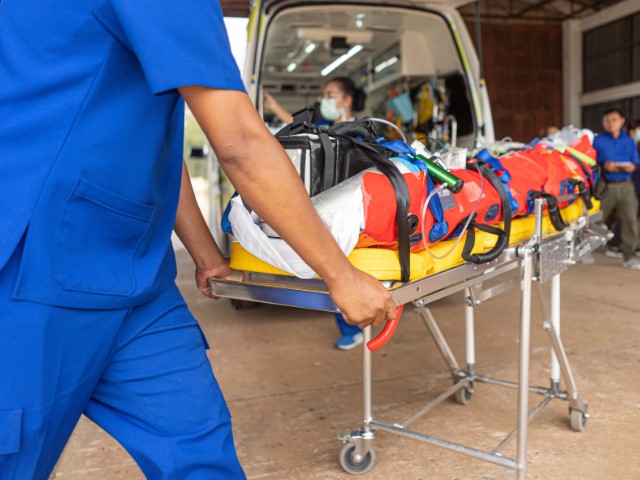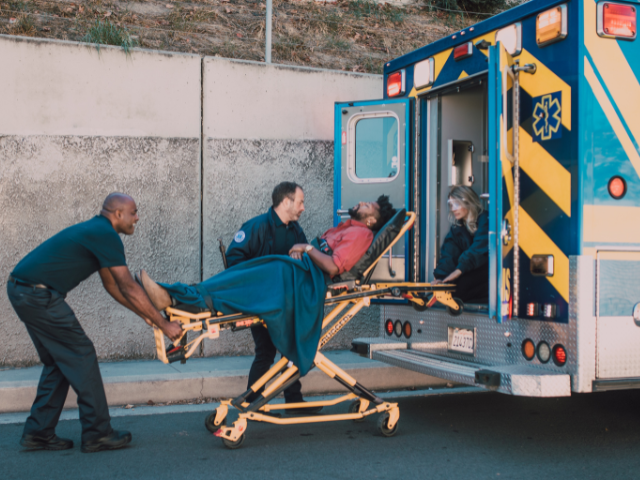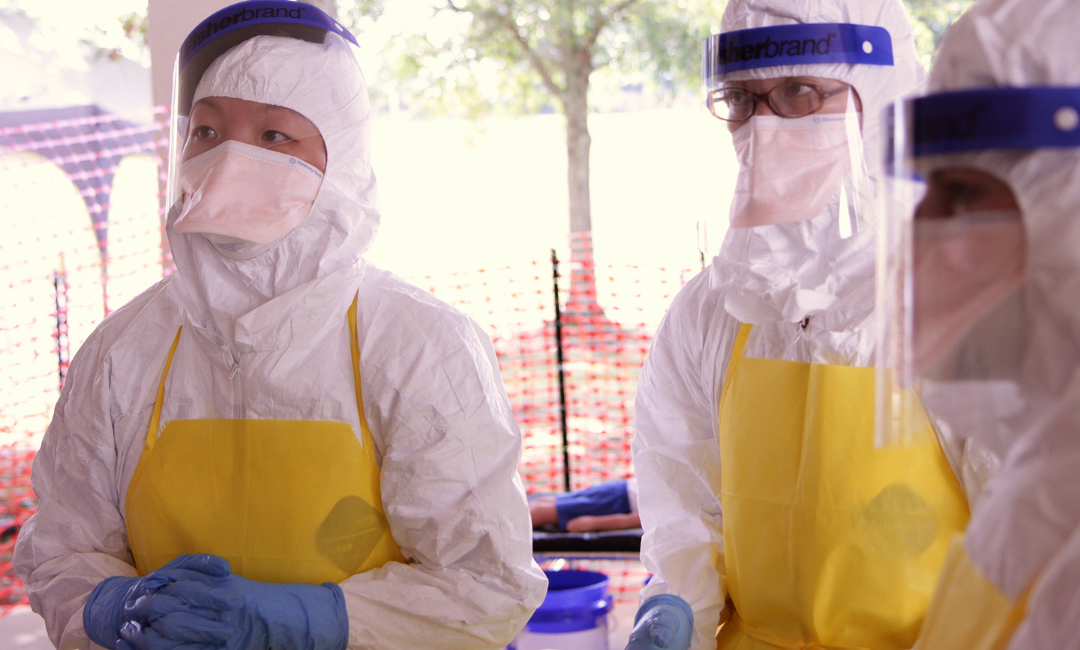Where Else is This Collaboration Happening?
Though The Lab @ DC stated that Washington, D.C., was the first area to include nurses in the “911 call loop,” EMS1 reported in 2014 that officials in Louisville, Kentucky, launched “one of the nation’s first 911 nurse triage programs.” Similar programs also can be found dating back to the early aughts.
The Kentucky program began in April 2010 and in three years expanded from one nurse taking “a handful of non-urgent 911 calls a few days a week” to three nurses on 12-hour shifts every week, EMS1 reported.
“For 30 years, no matter what your problem was, we only offered one solution: a trip to the emergency department,” Kristen Miller, chief of staff of Louisville Metro EMS, told EMS1. “What business stays in business when they ignore customer need and only offer one product? We need to be adjusting our solution to the customer need.”
In 2022, the Las Vegas Fire and Rescue (LVFR) emergency communications center hired its first full-time registered nurse, but had been working with seven part-time RNs already. LVFR uses the Emergency Communication Nurse System (ECNS), a system developed “as a logical, feasible, and economical approach to EMS resource allocation,” according to Audrey Fraizer’s 2022 article in “The Journal of Emergency Dispatch.”
Fraizer also noted other EMS organizations throughout the U.S. and Canada — including the Regional Emergency Medical Services Authority in Reno, Nevada, and Northwell Health Services in New Hyde Park, New York — implemented the ECNS and saw improvements in patient care and reduced costs for both patient care and EMS services.









